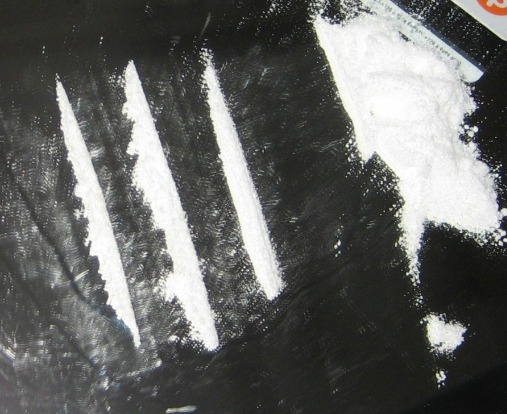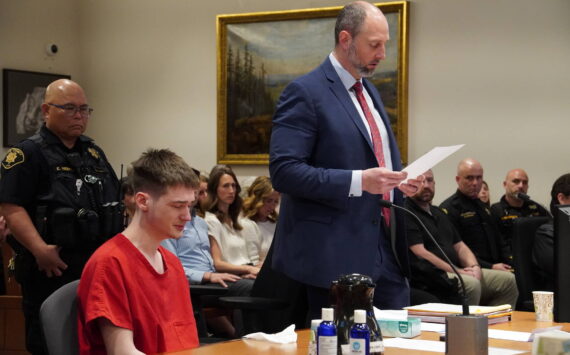Last November Washington voters decided that the possession of small quantities of marijuana should be legal for adults. But are we ready to de-felonize possession of all controlled substances?
Sensible Washington, a nonprofit political committee co-founded by marijuana lawyer and activist Douglas Hiatt, thinks the answer is yes. And with the help of sympathetic lawmakers like state Rep. Joe Fitgibbon (D, Burien), the group plans to attempt to do just that during the next legislative session. To this end, earlier this month Sensible Washington announced plans to introduce legislation that would turn the possession of a controlled substance – when not intended for distribution – into a misdemeanor rather than a felony, thus reducing the maximum sentence for such offenses from five years to a mere 90 days.
We’re not just talking about pot here; the idea is to change the way the criminal justice system in Washington views all drug possession cases, from heroin, to cocaine to methamphetamine.
“I think that the public is starting to realize more than ever that the war on drugs is an absolute, unequivocal failure,” says Sensible Washington Director of Communications Anthony Martinelli. “We feel that the time is right for it. Lawmakers are ready for it and understand that the public is ready for it.”
Though the change would be fairly straightforward – rewriting the Revised Code of Washington (RCW) to classify all drug possession cases as misdemeanors – that doesn’t mean the idea will be easy to sell. But for Sensible Washington, and lawmakers like Fitzgibbon, the benefits far outweigh any perceived risks.
“I think that as our understanding of addiction has grown as a society there’s more interest in treating it as a public health issue and not as a criminal issue,” says Fitzgibbon, who will likely be a co-sponsor of the yet-to-be-written bill in the House. “I don’t think that anything about this effort is going to send the message that [hard drugs] are good things to do. … It’s about what’s the best path to treatment and recovery.”
Not surprisingly, not everyone is sold on the idea. Kevin Sabet, the Director of the Drug Policy Institute at the University of Florida, remains skeptical, noting the difficulty in definitively distinguishing possession cases from intent-to-distribute crimes.
“I think that before any whole scale policy change, we should examine what the current law is doing. Is it sending low level users to prison, or is it being used to go after larger distributors?” asks Sabet, who was a vocal critic of marijuana legalization in the lead-up to last November’s I-502 vote. “I’m not sure if someone possessing 100 joints and putting them away for five years makes sense, but I highly suspect that isn’t happening anyway. I don’t think people with small amounts should be given a felony record, but I’d be surprised if that is happening anyhow in Washington.”
In theory, at least, the idea does have its supporters. Among them – possibly – is the ACLU of Washington and I-502 mastermind Alison Holcomb. Though Holcomb cautions that she hasn’t seen specific legislation yet, and that it’s “premature to characterize the ACLU of Washington supportive of whatever Sensible Washington is planning,” she does say that she had a conversation with Martinelli in July and, “expressed interest in Sensible’s idea and continuing the conversation.”
While Martinelli and Fitzgibbon both seem to agree that such a major shift may take more than one legislative session to gain traction, they say initial response for the idea has been largely positive. Martinelli says other lawmakers like state Rep. Chris Reykdal (D, Tumwater), Rep. Roger Goodman (D, Kirkland) and Rep. Jim Moeller (D, Vancouver) have also expressed interest in supporting the effort.
“Everything I’ve heard from my constituents about drugs has been let’s get smarter about how we approach these drugs. … Our [current] policy is just not working,” says Fitzgibbon.
“I don’t think [the idea] is a slam dunk by any stretch. It’s a big shift that it would require really serious discussions about public safety and public health,” he continues.
“I think it’s a discussion we need to have.”








